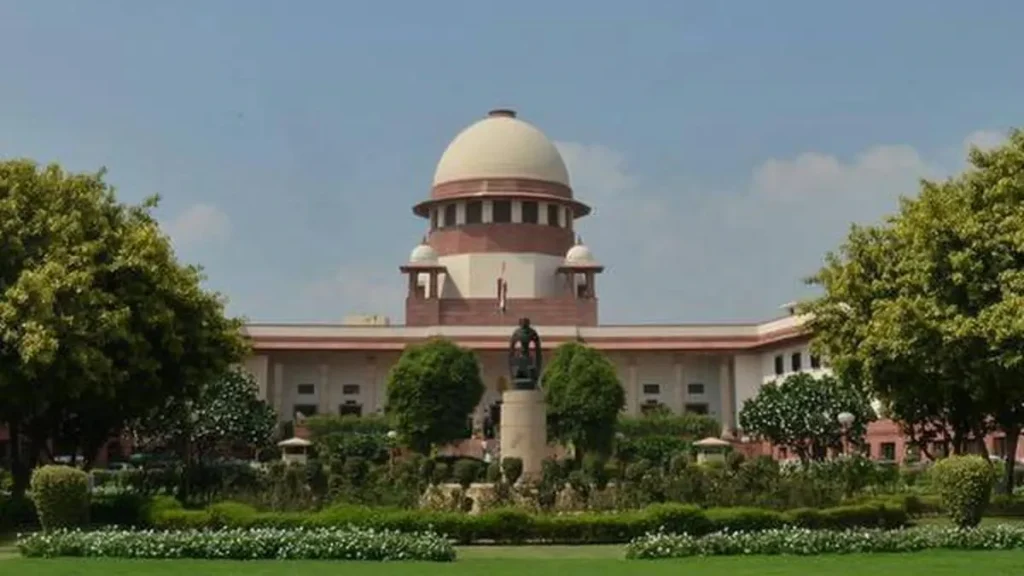Context:
Recently, the former Union Minister and former Delhi Chief Minister have both approached the Delhi High Court, seeking to quash the trial court’s decision to take cognizance of the Enforcement Directorate’s chargesheets against them.
More on the news
- The petitioners cited a recent Supreme Court order in Bibhu Prasad Acharya Judgement (6 November) to challenge the trial court taking cognizance of charges brought against them by ED.
What SC said in Bibhu Prasad Acharya Judgement?
The SC court in the above case made it clear that prior sanction provision will apply to alleged offences under the Prevention of Money Laundering Act (PMLA) too.

The Supreme Court judges based their observations on sections 65 and 71 of the PMLA.
- The SC held that since Section 65 facilitates the application of CrPC provisions in PMLA cases, with the exception of inconsistent provisions, Section 71 (1) cannot override CrPC provisions.
Legal Provisions related to “Prior Sanction”:
Section 197 of the Code of Criminal Procedure, 1973, (CrPC)/Bharatiya Nagarik Suraksha Sanhita, 2023 (BNSS):
- The provision prevents courts from taking cognizance of offences allegedly committed by a judge, magistrate, or public servant while performing their official duties unless prior approval or “previous” sanction is granted by the government.
- Except in cases of crime against women like rape, sexual harassment, and human trafficking.
- This rule is designed to protect public servants from unwarranted prosecution.
Section 19(1) of the Prevention of Corruption Act (PCA):
Prior government sanction is required before a court can take cognizance of offences committed by public officials, such as: –
- Accepting bribes (Section 7) or
- Receiving undue advantage without adequate consideration (Section 11).
The public servant must be given an opportunity to be heard by the government before the prosecution proceeds.
Under the amended Section 17A (2018) of the Prevention of Corruption Act (PCA), any recommendation or decision made by a public official in the course of their duties cannot be investigated without the prior approval of the government.

